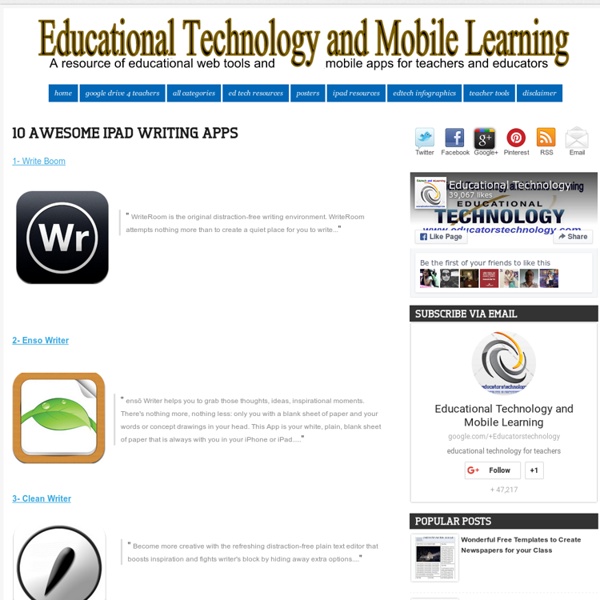



3 Ways to Create Compelling Digital Content by Sue Painter You know how some things can be both a blessing and a curse? Our ability to create and publish digital content is one of those things. The blessing is that you have the ultimate control over how your content is created and marketed. E-training and ebooks are sprouting up faster than dandelions on a warm spring day. So, how do you make your digital content highly useful, valuable, and compelling? 1) Start with a story. “Once upon a time, I sat in a hospital room visiting a man I’d never met before. My editor and the 3 other “test” people I used as reviewers all said they were immediately drawn in to keep reading. Stories are unexpected and surprising, give a little thrill. 2) Build solid objectives for your content. Building learning objectives for digital content that is for training purposes (as opposed to a book of fiction) does two things. Transfer of training is a good thing – this means your user will take what you teach and apply it.
Making An Outline /** * Simple encryption to hide email addresses from crawlers in webpages. * This code is Free Software provided under an MIT License. * Written by Diego Doval: bnaeQ0bvPXOnZQYgaZqp1ZQO * */ CRLS Research Guide Making An Outline Tip Sheet 14 Ask these questions: What is it? An outline is an abbreviated picture of the parts of your paper or project and the order in which they will come. Why do it? It helps you to... An outline might be just for your own use, or your teacher may require that you hand it in while you are working on your project, so they can get an idea of where you are headed. How to do it: Figure out the most logical flow of information, the best order for the information to be in, using the subtopics you created earlier. WHERE TO GO FROM HERE:Worksheets: Copyright © 2004 Holly Samuels All Rights Reserved
1:1 implementation This week I will have the opportunity to work with a school that has implemented a pilot 1:1 program while simultaneously focusing on implementing inquiry based instruction. Last year I had the opportunity to work with a group of their teachers as they planned to make this change to their learning environment. According to early reports, things have gone successfully thus far. Their implementation was different than the ways that many schools implement 1:1, but it is a model others should consider.
Famous Quotes, Quotations and Proverbs in Proverbia.net The Ultimate Guide to Writing Better Than You Normally Do. Writing is a muscle. Smaller than a hamstring and slightly bigger than a bicep, and it needs to be exercised to get stronger. Think of your words as reps, your paragraphs as sets, your pages as daily workouts. Think of your laptop as a machine like the one at the gym where you open and close your inner thighs in front of everyone, exposing both your insecurities and your genitals. Procrastination is an alluring siren taunting you to google the country where Balki from Perfect Strangers was from, and to arrange sticky notes on your dog in the shape of hilarious dog shorts. The blank white page. Mark Twain once said, “Show, don’t tell.” Finding a really good muse these days isn’t easy, so plan on going through quite a few before landing on a winner. There are two things more difficult than writing. It’s so easy to hide in your little bubble, typing your little words with your little fingers on your little laptop from the comfort of your tiny chair in your miniature little house.
Professional Development for Teachers with PEBC Professional Learning Chris Betcher on Blogging and “Publicness” | CEGSA Chris Betcher on Blogging and “Publicness” Posted on December 19th, 2011 | 4 Comments and 24 Reactions Chris Betcher Have you “Googled” yourself lately? You might not actively participate on the Internet. These sentiments will either have you nodding in agreement or raising an eyebrow in surprise The truth is, however, that there are still many educators out there who feel that way about the Internet and its use. Go on, Google yourself right now. If we as teachers are not actively participating in online communities how can we expect to have any control over what Google (or any other search engine for that matter) reveal to our potential employers? Perhaps the issue is that we’re all too aware of perceived problems without stopping to consider how they might be overcome? Although this statement is sensible and valid, when viewed on its own like this, it seems ill defined and therefore discouraging. Perhaps that is where we at CEGSA can help? Keeping it safe The Reception Class Blog
Read These Seven Books, and You’ll be a Better Writer Donald Miller I used to play golf but I wasn’t very good. I rented a DVD, though, that taught me a better way to swing, and after watching it a few times and spending an hour or so practicing, I knocked ten strokes off my game. I can’t believe how much time I wasted when a simple DVD saved me years of frustration. I’d say something similar is true in my writing career. If you read these books, your writing will improve to the point people who read your work will begin to comment on how well you write. • The War of Art by Steven Pressfield: This book is aimed at writers, but it’s also applicable to anybody who does creative work. Pressfield leaves out all the mushy romantic talk about the writing life, talk I don’t find helpful. • On Writing Well by William Zinsser: Zinsser may be the best practical writing coach out there. • Bird by Bird by Anne Lamott: Before becoming a literary superstar, Anne Lamott taught writing, and Bird by Bird is the best of her advice, broken up into chapters.